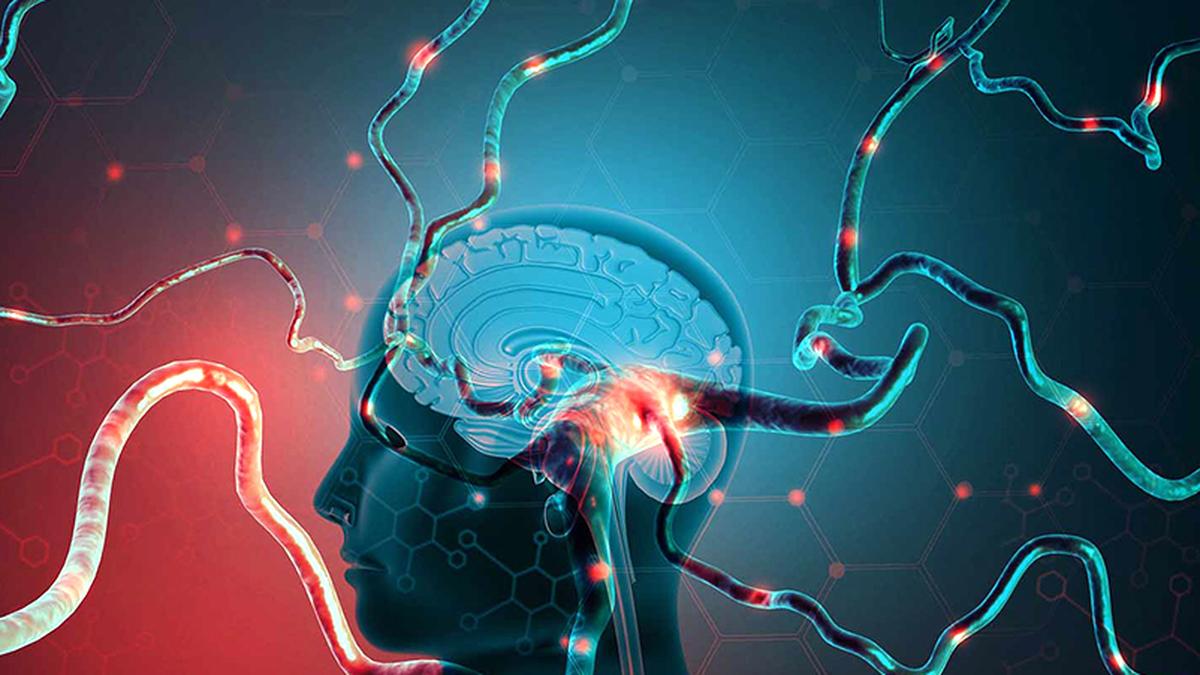
Scientists find proof pain-sensing cells are either male or female Premium
The Hindu
A new study presents a unique concept: that nociceptors are either male or female. The researchers expect their findings have two implications for medical research.
You finally got your hands on a new novel you’ve been wanting to read. You’re turning the crisp paper of the pages when suddenly you get a paper cut. Pain erupts on your finger. A discomfiting sensation surges through your entire body yelling out, “Brain, we have a problem!”
This unwanted yet necessary sensory experience most living beings share is pain. It is an essential component of our body’s warning system that directs our attention to potential external or internal harm.
The International Association for the Study of Pain defines pain thus: “An unpleasant sensory and emotional experience associated with actual or potential tissue damage, or described in terms of such damage.”
The way people perceive pain is highly personal and subjective in nature. In fact, scientists have suspected for some time now that the perception of pain might be sexually dimorphic: that is, different between (biological) men and women. But the particulars have been a mystery.
A study led by University of Arizona Health Sciences researchers, recently published in the journal Brain, demonstrated for the first time functional sexual dimorphism in nociceptors, the nerve cells responsible for perceiving pain.
Nociceptor cells have bare nerve endings and they are found across our skin, bones, joints, and muscles. The receptors detect extreme pressure, temperature, and chemical signals released by the body when it is injured, turn them into electrical signals, and relay them to the brain via the spinal cord. The brain finally reads the message and perceives pain.
In the new study, the researchers investigated how the nociceptors first light up. “Activation of nociceptors likely produces the same perception of pain in men and women. What is different is how the nociceptors are activated.

The Congress government including controversial farm legislations that had been brought in and later withdrawn by the BJP-led government at the Centre as the reference points for the Karnataka Agriculture Prices Commission (KAPC) has ruffled the feathers of farmers’ leaders and agricultural economists who had expressed their ideological support to the Congress.












